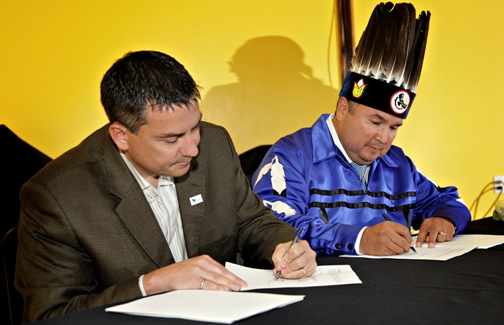According to Dr. Paul Jourdan, South Africa would do better leaving its minerals in the ground if it can’t better link its mining sector to the broader economy
JOHANNESBURG (Mineweb) – Dr Paul Jourdan, who was part of the research team that compiled the ANC’s State Intervention in the Minerals Sector (SIMS) report, has said that South Africa needs more than just dirt diggers in its mining industry and that if the sector does not make the linkages as envisaged in the report then it would be better to leave the minerals in the ground.
“If you say I’m just a dirt digger and this is my core competence then fine, go to Australia. I’m not sure that we want companies that are just going to dig holes. I think that we want companies that are going to make those linkages and build our economy for the future, post mining” said Jourdan.
Speaking at the AngloGold Ashanti and Motjoli Resources Mining for Change breakfast in Johannesburg today, Jourdan described Australia as suffering from the Dutch disease where he said that the current minerals boom is causing de-industrialisation in other parts of their economy.

























